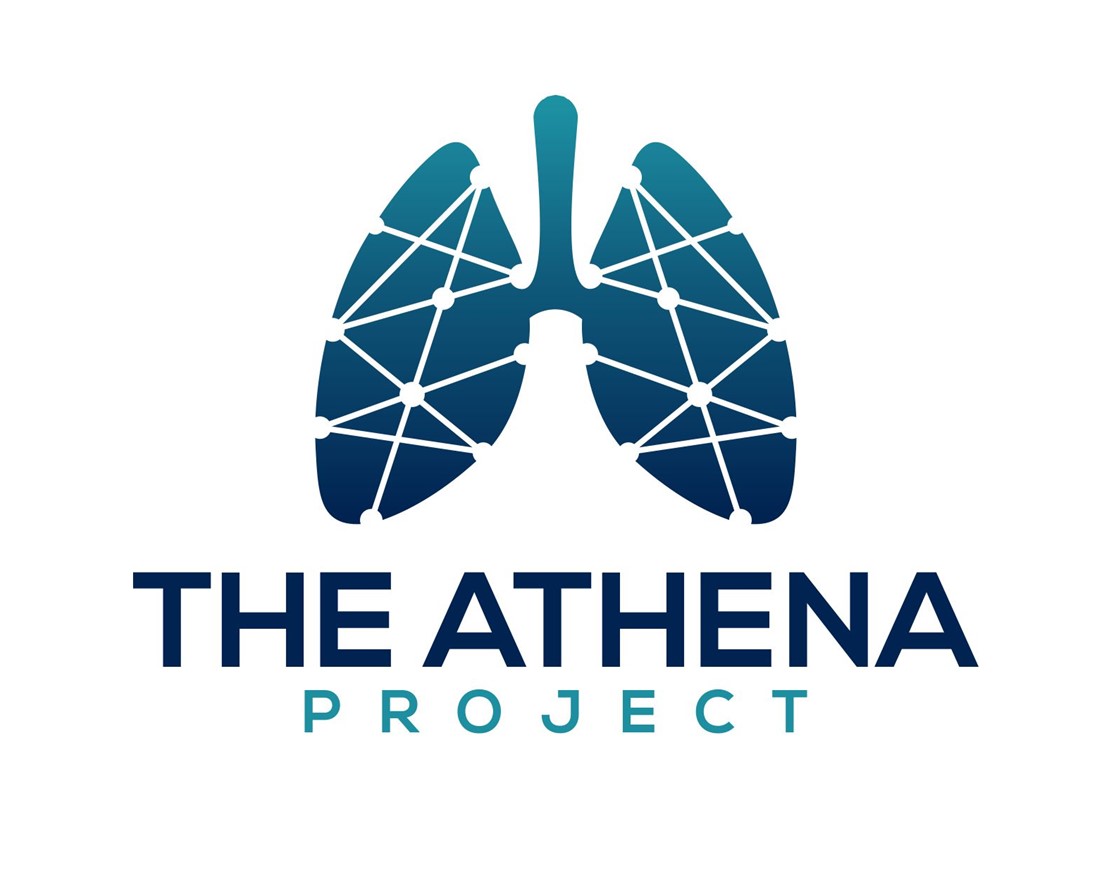
Asthma is a serious, potentially life-threatening condition. Although there is no cure currently available, it can be effectively managed with proper treatment and care. Florida Health Charts reported that in 2022, the state's emergency departments treated at least 81,537 patients for asthma and had 9,447 hospitalizations.
The North Florida Asthma Research Program, led by Dr. Karen MacDonell, uses three primary domains based on the Information-Motivation-Behavioral Skills (IMB) model:
- Knowledge about asthma and asthma management
- Motivation to manage asthma
- Skills necessary to manage asthma (e.g. proper inhaler use)
Meet Our Team
Current Asthma Research
North Florida Asthma Research
Our research team is conducting group discussions to understand how emerging minority adults in Florida manage their disease and what interventions are needed to help this population live healthily.
The ATHENA Project

ATHENA is a multisite initiative targeting the same demographic of racial minority young adults in the U.S. This study seeks to develop an effective mobile asthma management intervention tailored to this population, employing various technological components to improve asthma control.
Key Publications
- Hall, A. L., Movva, P., Dailey, R., Gibson-Scipio, W., Baptist, A. P., & MacDonell, K. K. (2024). COVID-19 vaccine intentions and attitudes in Black American emerging adults with asthma. BMC Public Health, 24(1), 1356. *Senior author
- MacDonell, K.K., Bruzzese, J., Dinaj-Koci, V., Gibson-Scipio, W., Starbird, W., Hall, A., Dailey, R., Jacques-Tiura, A., & Wang, B. (2023). Predictors of adherence to controller medication in urban African American emerging adults with uncontrolled persistent asthma. Journal of Asthma, 1-8.
- MacDonell, K.K., Naar, S., Gibson-Scipio, W., Lam, P., & Secord, E. (2016). The Detroit Young Adult Asthma Project: Pilot of a technology-based medication adherence intervention for African American emerging adults. Journal of Adolescent Health, 59(4), 465-71.
